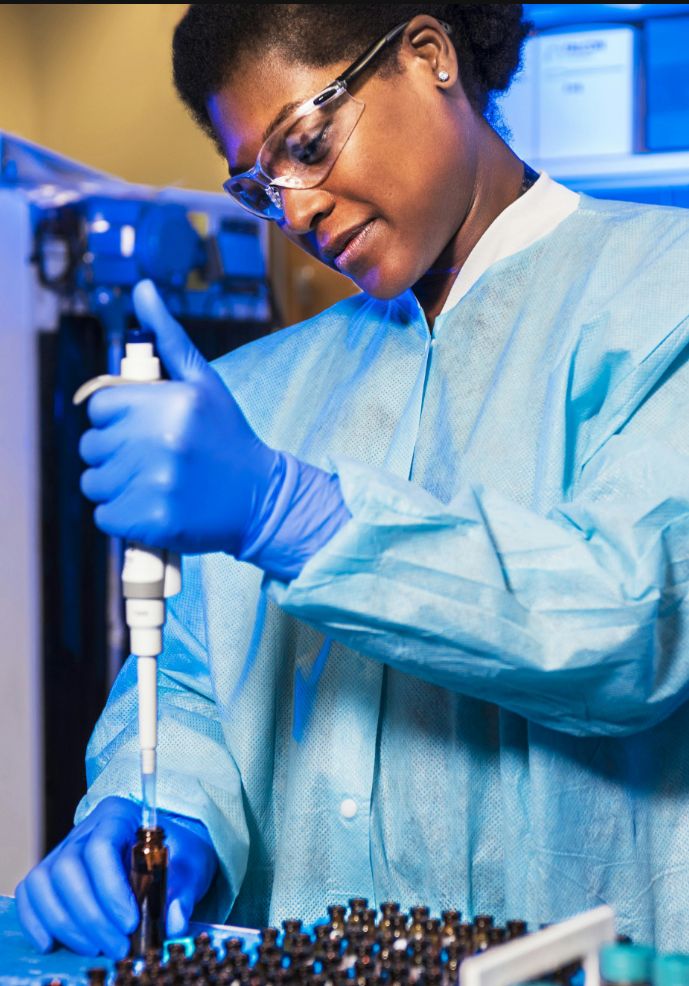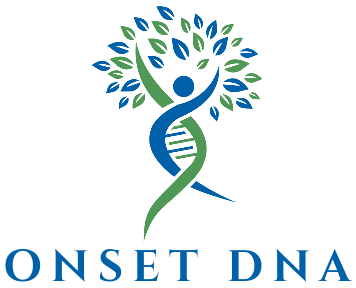
Infidelity can shake the foundation of any relationship. When trust is questioned, emotions like anxiety, anger, and doubt begin to rise. In many cases, people don’t want to accuse their partner without solid proof. That’s where infidelity DNA testing comes in — offering answers when suspicion casts a shadow over a relationship.
Whether it’s to gain peace of mind, bring emotional closure, or gather evidence for legal reasons such as divorce, many turn to this form of testing to get the clarity they need. In this article, OnsetDNA will thoroughly explain.
Infidelity DNA testing is a scientific method used to determine whether biological material found on an item can be matched to someone other than the partner.
Unlike paternity or family relationship testing — which verifies bloodlines — infidelity testing focuses on uncovering the presence of unknown DNA in specific situations, such as bodily fluids on clothing or bedsheets. It doesn’t confirm cheating directly but helps support or dismiss suspicions by revealing whether foreign DNA is present.
People seek infidelity DNA testing in a variety of situations:
Here’s how the process typically unfolds:
Biological samples (such as semen, hair, or skin cells) are collected from items like underwear, sheets, toothbrushes, or clothing.
The lab extracts DNA from the sample and analyzes its structure. This process isolates the genetic code from any biological material.
The unknown DNA is compared to a known sample (often from the partner or a suspected third party). If it doesn’t match, the presence of a third-party DNA is confirmed.
Testing works best with samples that carry identifiable DNA. These may include:

In many regions, collecting and testing DNA without consent may be illegal, especially if used in court.
Most private labs maintain strict confidentiality, but if the case goes to court, disclosure may be necessary.
Sometimes the sample is too degraded or mixed with multiple DNA profiles, making analysis difficult.
Finding the truth can bring peace, but the emotional aftermath might be painful. It’s essential to consider the emotional toll before proceeding.
Infidelity testing is not just a scientific process — it can deeply impact emotional well-being:

Some services now offer mobile or at-home infidelity testing, ensuring total discretion:
Using someone’s DNA without permission can cross ethical and legal lines. Consider:
Infidelity DNA testing should never be used for revenge or manipulation.
This type of testing may be suitable for:
The next steps depend on the outcome:
Infidelity DNA testing is a powerful tool, but it’s not a decision to take lightly. It can reveal truths, offer clarity, and influence major life choices — but it also brings emotional consequences. If you’re considering such a test, weigh both the scientific benefits and emotional risks.
Clarity can be empowering — but it should be pursued with care, consent, and compassion.
An at-home kit that includes sample collection tools (like swabs or evidence bags) to submit items for lab analysis.
DNA testing, behavior patterns, confessions, and digital evidence (texts, calls) may collectively confirm cheating.
Order a test kit, collect and send in the sample (e.g., clothing, sheets), and receive your results confidentially.
Results indicate whether foreign DNA was found and, if matched, to whom. However, they do not prove intent or explain how the DNA got there.
Prices range from $200 to $500, depending on the complexity and urgency of the test.
Yes, infidelity DNA tests detect foreign DNA on personal items to help identify potential third parties involved.

Empowering Families with Knowledge and Clarity through Convenient, Confidential, Compassionate Mobile DNA Testing.

